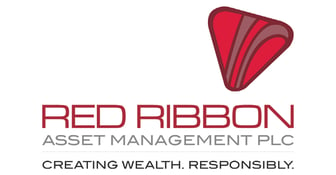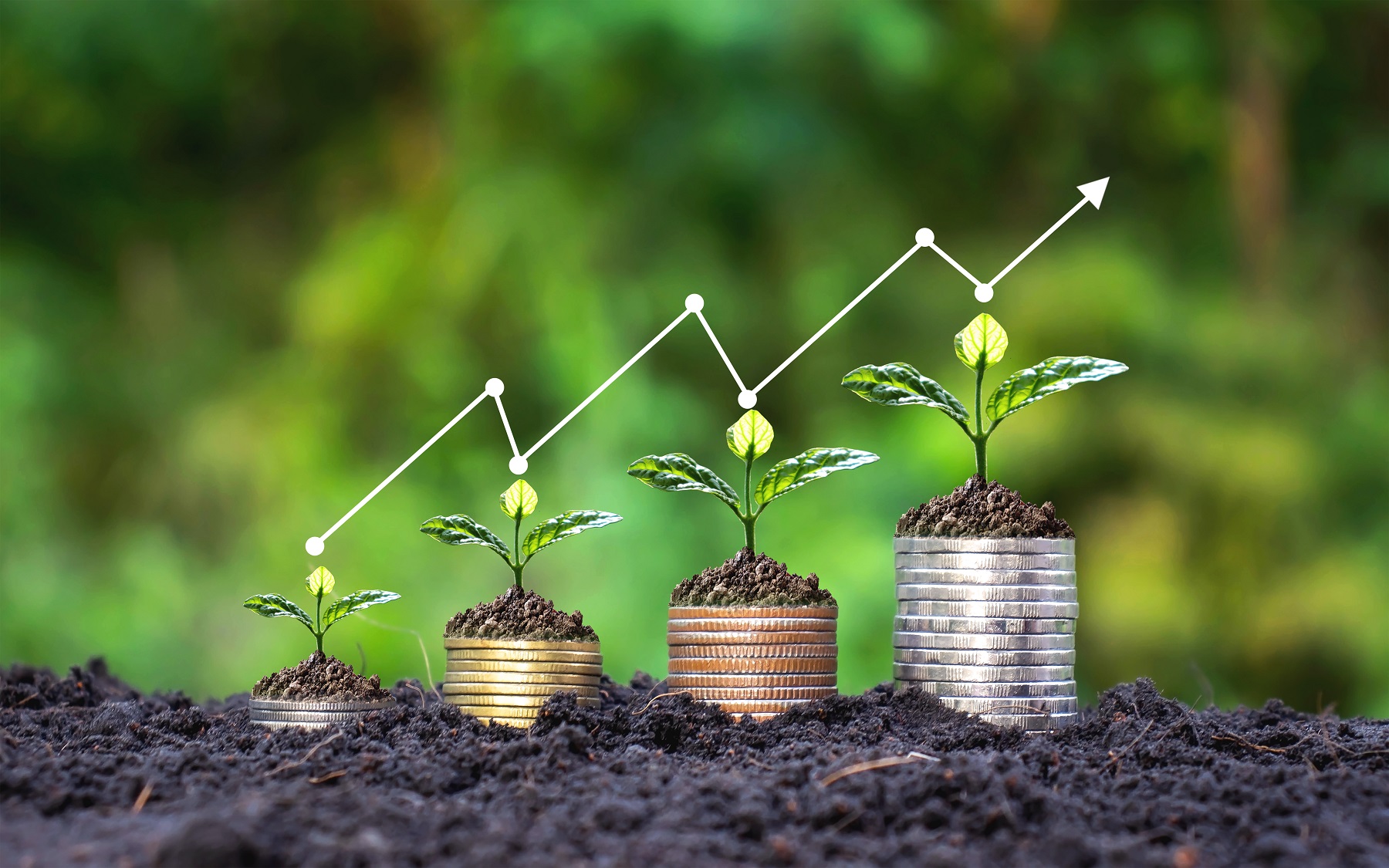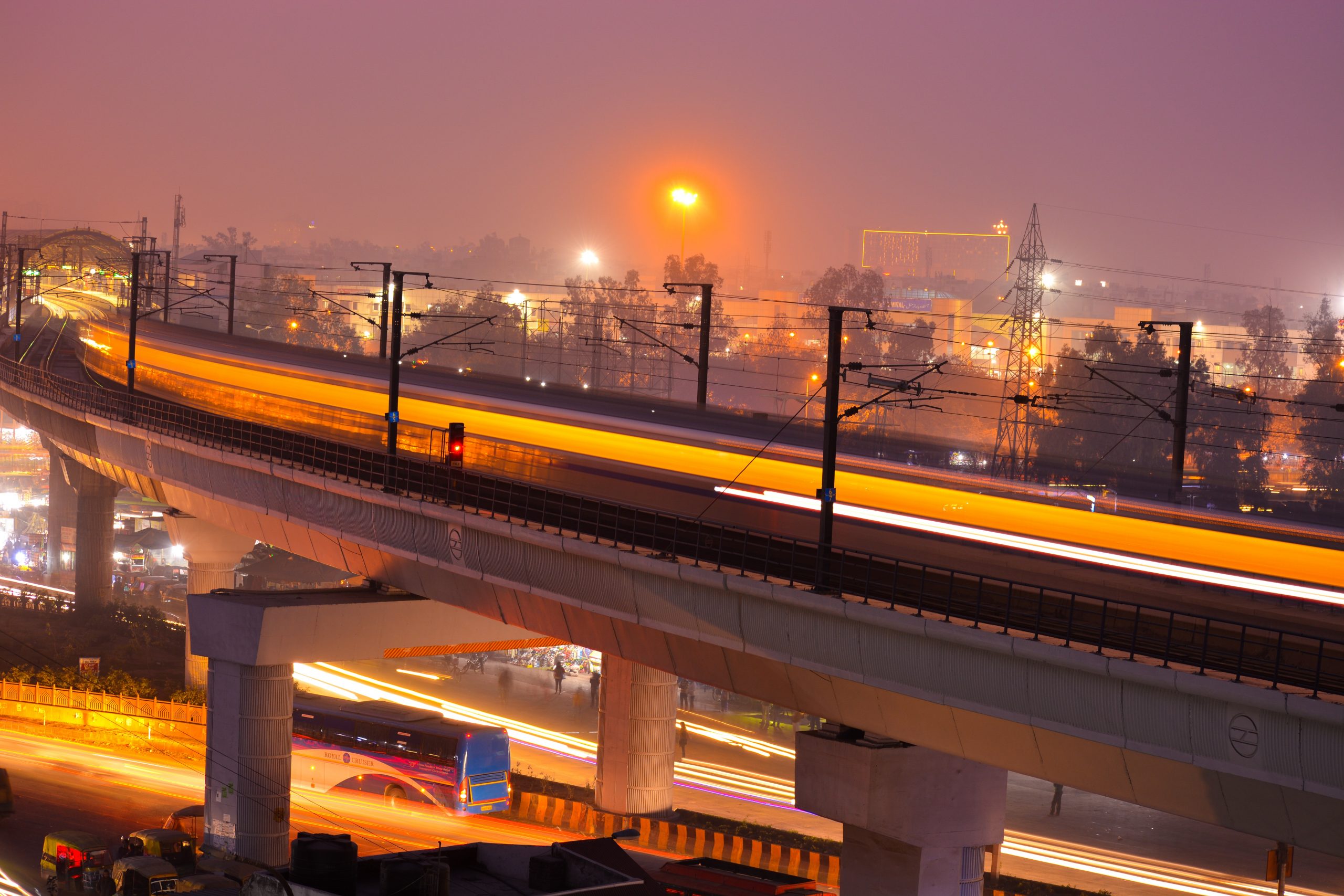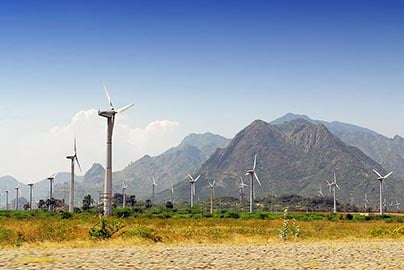Its Time to Take the Blindfold Off: New Visions for Sustainable Growth
Any blind, unthinking pursuit of money can still return a profit (and sometimes does), but its very exclusivity of focus (money) also obscures those unintended outcomes that can be (and frequently are) so disastrous for our planet. And this dynamic between fiscal growth and sustainability isn’t just another variable in some global game of blind man’s bluff, with economies across the world stumbling helplessly between one unexpected outcome and the next, trading growth for hope and indifferent to the chaos left behind: it can also be matter of life and death. All of our futures, yours and mine, are dependant on the sustainability of natural resources: from the food we eat, to the buildings we live and work in, our capacity to meet disease (particularly at the moment), right down to the very air we breathe: Natural Capital is our bedrock, and it’s vital for economic growth too…
That’s why we have to start treating our stock of Natural Capital (including plant life, clean air, minerals and soil resources) in precisely the same way we do any other item on the macro economic balance sheet: in precisely the same way we account for Built Assets, including roads, railways and hospitals, because there is no acceptable trade off between the two: Natural Capital and Built Assets together make up the sum total of our wealth and they both belong on the same side of the ledger.
All of which makes it alarming that according to the UN Environment Programme, per capita Natural Capital has decreased since 1992 by 40%, while over the same period Built Capital has increased by 13%. Currently leading an economic diversity review for the UK Government, Partha Dasgupta points to these statistics and warns that “the very language of economics is failing us, making us miss the message”: by which he means we’re not seeing the connection between Natural and Built Capital properly: with Natural Capital in the debit column, the balance sheet’s out of balance … its time to take the Blindfold off.
Perhaps now more than ever, we need economic planning that is both robust and clear sighted in its objectives but also sustainable by reference to its impact on the environment: in other words, we need to have a holistic regard for Planet and People as well as a clear recognition that in the long run (and the short run come to that) there is no Profit without Planet and People: joined up planning that is capable of making a difference to all our lives.
So why is that matter of life and death?
Well, the wholesale destruction of our natural resources (remember that 40% debit entry) has also increased the risk of life threatening diseases crossing the wildlife to human barrier, which brings us (inevitably) back to COVID 19. The clumsily but appropriately named Intergovernmental Science-Policy Platform on Biodiversity and Ecosystem Services (IPBES) warned earlier this year that “Rampant deforestation, uncontrolled expansion of agriculture, intensive farming, mining and infrastructure development, have all created a ‘perfect storm’ for the animal to human spillover of diseases.” And that was before the full, horrific impact of COVID became a daily feature of all our lives: so rolling back on those key drivers identified by the IPBES has literally become a matter of life and death…
COVID has changed our world in so many ways, most of them all too visible: but the way in which we respond to those changes also has real potential to create a better world for the future. We don’t have to go back to the way things were done, we don’t have to keep playing blind man’s bluff…it’s time to take the blindfolds off.
Invest in Red Ribbon Asset Management

Red Ribbon is committed to identifying and building on investment opportunities that are fully in compliance with its core Planet, People, Profit policy: an investment policy that not only offers above market rate returns but also protects Natural Capital through caring meaningfully for the environment.
Executive Overview
Like most of us, I suppose, I’m concerned about the potential consequences of a headlong rush for short-term economic growth: essential though it is to secure growth in these difficult times, we can’t afford to lose sight of the importance of environmental responsibility.
They aren’t alternatives: this isn’t a zero-sum game and there is no acceptable trade-off. We need to build growth in a responsible way by putting the Planet, People and (yes) Profits at the heart of our strategic thinking.






-1-1-1.png)

Leave a Reply